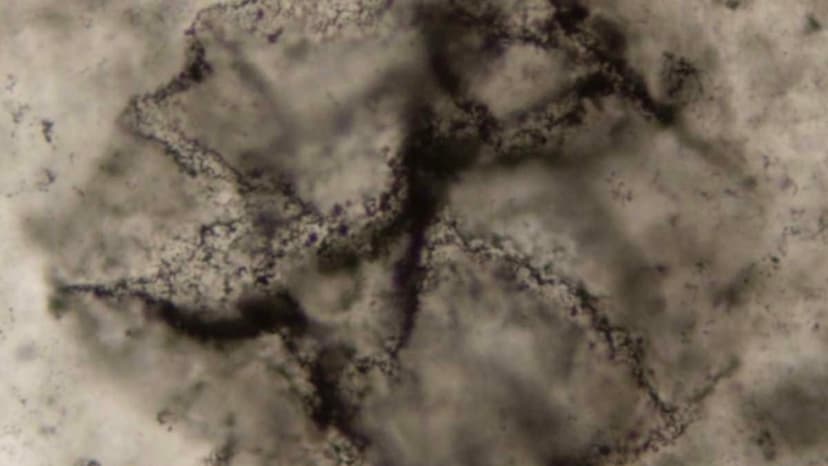Home / Science / AI Decodes 3.3 Billion-Year-Old Molecular 'Ghosts' to Reveal Earliest Signs of Life
AI Decodes 3.3 Billion-Year-Old Molecular 'Ghosts' to Reveal Earliest Signs of Life
18 Nov, 2025
Summary
- Earliest chemical evidence of life on Earth pushed back 1.6 billion years
- AI used to detect subtle molecular signatures left by ancient organisms
- Discovery could guide search for life on other planets like Mars and Europa

In a groundbreaking discovery, scientists have uncovered the earliest chemical evidence of life on Earth, dating back over 3.3 billion years. The research team, led by experts at the Carnegie Institution for Science, used advanced AI to detect subtle molecular 'fingerprints' left behind by long-extinct organisms.
These findings push back the timeline of life's origins on Earth by a staggering 1.6 billion years, offering unprecedented insight into the earliest known lifeforms. The method also detected evidence of photosynthesis, a key milestone that allowed complex life to evolve, 800 million years earlier than previously documented.
The researchers believe this innovative approach, which can decipher degraded chemical data, could revolutionize the search for life on other planets. Even if fossils are never found, the same techniques may be able to detect biotic signatures on Martian rocks or samples from Jupiter's moon Europa. As one of the study's co-authors noted, "It opens the door to exploring ancient and alien environments with a fresh lens, guided by patterns we might not even know to look for ourselves."




